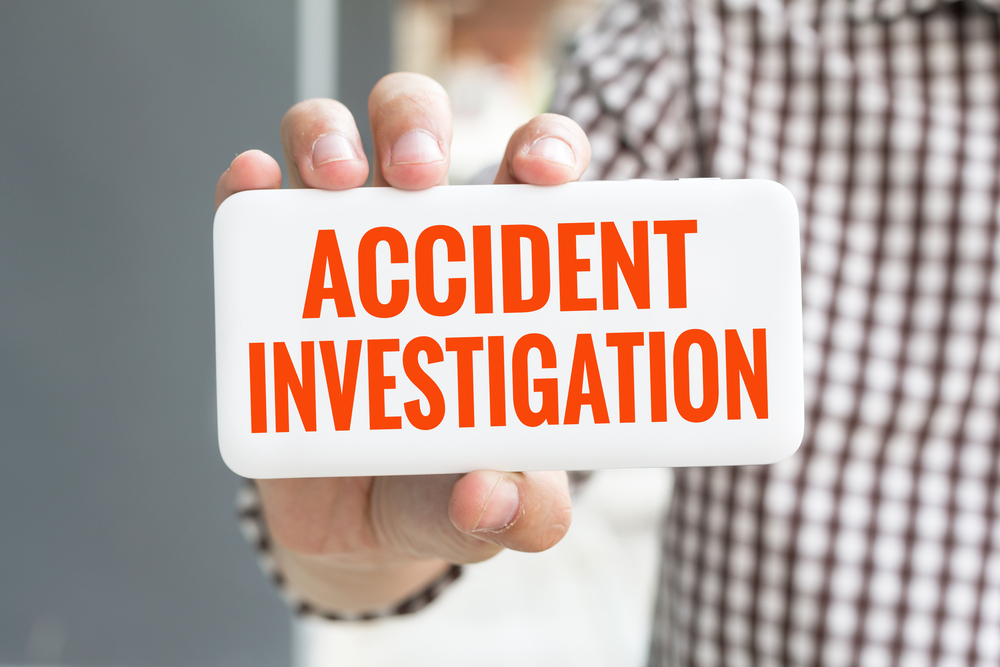- Alma J. Aguirre
- Katy Merrill Andre
- Courtney Culver Baker
- Stephen Bres
- Thomas H. Burton, III
- Giorgio “George” Caflisch
- Victor L. Cardenas Jr.
- Adam B. Chambers
- Ben Connally
- Casey Craft
- Kimberley L. Doom
- Clint Dye
- Stephanie F. Erhart
- Amanda J. Flanagan
- Dalby Fleming
- Joseph A. Garnett
- Steven O. Grubbs
- Jamie Guidry
- Christina “Tina” E. Gutierrez
- Christopher R. Jackson
- James W. Karel
- Henry C. A. List, Jr.
- Travis Livermore
- Cade Lunsford
- Dale B. McMath
- Amy Mitchell
- Dawn A. Moore
- Brent Myklebust
- Raymond A. Neuer
- Kevin Niknam
- Nancy A. Norman
- David Oh
- Christopher A. Palumbo
- George P. Pappas
- R. Edward Perkins
- Lara M. Price
- Carolyn K. Rangel
- James E. Rensimer
- Cameron D. Renton
- Richard A. Sheehy
- Wesley T. Sprague
- Brian Tagtmeier
- Jana H. Taylor
- Erik Veliz
- James L. Ware
- Ann P. Watson
- Michael P. White
- Christene Wood
- Justin T. Woods
- David A. Wright
- Michael Yanochik

How Employers Should Handle an On-Premises Accident Investigation
When an employee, customer or other individual gets injured on your premises, it is important for your company to conduct a full investigation into what happened. But take note: Missteps made in the investigation process can become Exhibit A for the plaintiff’s legal team in the event you are sued.
Nearly Anything You Say Can Be Used Against You
In the aftermath of an accident, nearly anything employers say, write down or even scratch out will be discoverable in future litigation. This means that the plaintiff’s attorney as well as the jury may hear everything you wrote down in the accident report or every comment you made. Even condolences made to the injured party or their family members could come back to haunt you.
Consult an Attorney Early in the Investigation Process
It is advisable that you contact an attorney as early in the investigation as possible. Not only can an experienced attorney provide prudent guidance as you interview witnesses and document what happened, but the attorney’s involvement will help protect much of these communications from being discoverable by the other side. Texas law allows for some aspects of an accident investigation to be privileged from disclosure, and the privilege is much broader and much easier to apply to an attorney’s notes and investigations than your own.
Stick to the Facts
Document when, where and how the accident happened. Stick to factual observations only, without speculating, exaggerating or opining. If you didn’t see it, hear it, touch it, taste it or smell it, don’t comment on it. Juries give great consideration to first impressions, as initial observations are viewed as the most honest and accurate, even if you were speculating at the time. Don’t guess what someone may have been thinking before the accident; for instance, don’t say someone seemed angry or sad. Juries give great weight to gut opinions, especially if those opinions are adverse to the company. A plaintiff’s lawyer will try to turn your initial wrong guesses into facts and hard evidence. If you get it wrong, it’s hard to unwind early opinions.
Further, be honest in what you observe and report; good facts or bad facts, your lawyer can deal with the truth. If everyone focuses on finding the truth, there will be no confusion later on about what the “story” is. Don’t spin, shade or twist the truth; juries punish companies when they feel there has been an effort to cover something up.
Witness Interviews
You will want to obtain witness statements from employees and others with relevant knowledge of the incident. Witness statements, which are discoverable in Texas, can take the form of a written statement signed, adopted or approved by the witness in writing or a recording of the witness statement or a verbatim transcript of the recording.
Witness statements cause more headaches for companies than any other element of the investigative process. In the aftermath of an accident, witnesses are often emotional. They may have unclear motives or they may have a tendency to “play expert” and make themselves out as knowing more than they actually do. Once the statement is down on paper or recorded, it’s there forever. If you involve your attorney in taking witness statements, the attorney can screen witnesses, focus on key issues that will arise in litigation, redirect the witness and clarify any confusing commentary. If you must take a witness statement without your attorney present, talk to the witness prior to taking the statement. Advise the witness to tell the truth and to stick to the facts, not opinions. Avoid open-ended “description of what happened” statements.
Gather and Retain Additional Evidence
In addition to witness statements, surveillance video, if it exists, and photos can help tell the story of what happened. Check the crew schedule/time punch card records to document the manager and staff members on duty at the time of the incident, complete with their addresses and phone numbers. If you spoke to the claimant after the incident, document details of that conversation, along with the individual’s condition. Was he or she visibly injured? How did this person describe his or her injuries? What kind of medical care was administered, and how did the claimant leave the scene of the incident?
Have an Investigation Plan in Place
Things are hectic immediately after an accident, and people often do not think straight. Therefore, it’s advisable to do all the thinking in advance. Have a written incident response plan in place and train employees so they will be ready to implement the plan when it is needed.
Few law firms in the United States match the expertise of Sheehy, Ware, Pappas & Grubbs in OSHA (Occupational Safety and Health Act) matters. Our OSHA attorneys have represented hundreds of clients in OSHA investigations, and we are able to perform 24/7 rapid response on-site coordination with our clients, often arriving before the OSHA inspector. For assistance with your accident investigation, contact Sheehy, Ware, Pappas & Grubbs.
















































